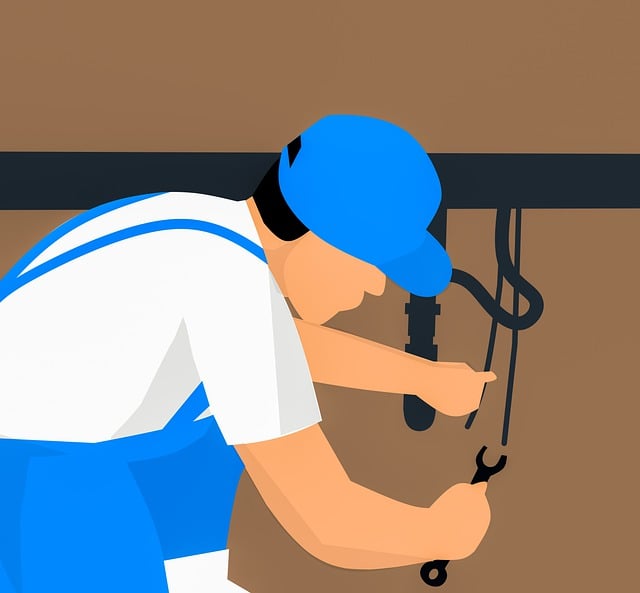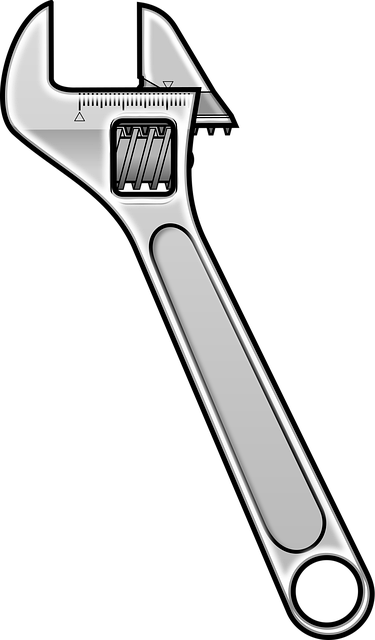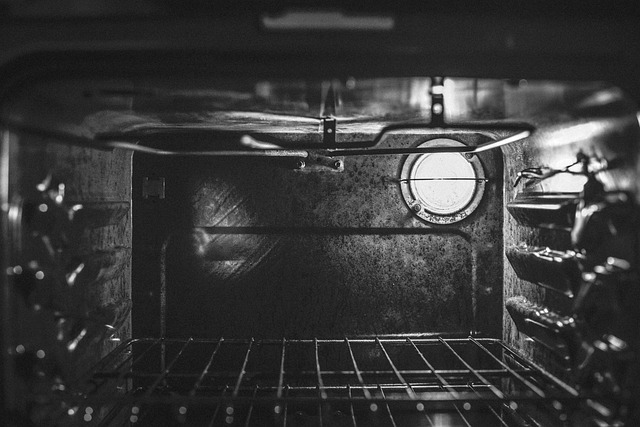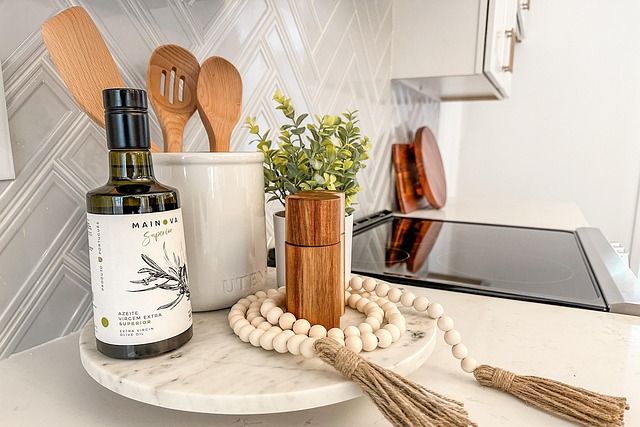Before replacing a leaky kitchen faucet, identify and fix the source of the leak using tools and knowledge from a kitchen plumber specialist. They offer cost-effective repairs, disassemble fixtures for efficient same-day service, and prevent water waste. Regular maintenance, including inspections and filtration, extends fixture lifespans. For reliable assistance, consult a kitchen plumber specialist.
Tired of that pesky leaky faucet? You don’t necessarily need to replace it. This comprehensive guide teaches you how to fix leaky kitchen faucets yourself, saving time and money. From assessing the root cause to sealing leaks, we cover every step with expert tips from a kitchen plumber specialist. Learn the essential tools and materials needed and gain the confidence to tackle this common home repair without professional help.
- Assess the Leaky Faucet's Root Cause
- Gather Essential Tools and Materials
- Disassemble the Faucet for Repair
- Seal and Test for Leaks: Prevention Tips from a Kitchen Plumber Specialist
Assess the Leaky Faucet's Root Cause

Leaky faucets can be a common household issue, but before reaching for the replacement parts, it’s crucial to assess the root cause. Many kitchen plumbing specialists would agree that understanding the problem is half the battle won. Start by observing the leak – is it coming from the base of the faucet, the handle, or both? This knowledge will guide your troubleshooting process. Preventing damage and ensuring long-lasting fixtures often lies in identifying the primary issue: whether it’s a loose part, faulty washer, or corroded pipes.
While some leaks might be easily fixable with simple DIY methods, complex cases may require the expertise of local emergency kitchen plumbers. Regular maintenance, including cleaning and inspecting the faucet components, can also prevent unwanted leaks in the future. Additionally, keeping an eye on preventing kitchen pipe corrosion will safeguard your plumbing system from further damage.
Gather Essential Tools and Materials

Before tackling any DIY project, it’s crucial to gather the right tools and materials. For fixing a leaky kitchen faucet, you’ll need some essential items like adjustable pliers, pipe wrenches, replacement faucet parts (including O-rings, washers, and valve seats), Teflon tape or pipe compound, and a rag. These tools will enable a reputable kitchen plumber specialist to identify and address the issue effectively.
When it comes to repairing kitchen faucets, the skills of an experienced kitchen gas line installation expert can be invaluable. Top-rated kitchen plumbers in [City Name] often have a wealth of knowledge and access to high-quality parts that can make all the difference in ensuring your faucet functions like new again. So, while you may be tempted to handle it yourself, consider enlisting the help of a specialist for a durable, long-lasting fix.
Disassemble the Faucet for Repair

When addressing a leaky kitchen faucet, many homeowners might consider replacement as the first option. However, disassembling and repairing the faucet can be a cost-effective alternative that saves both time and money. This process allows you to identify and fix the specific issue without having to swap out an otherwise functional fixture.
As a professional tip, start by turning off the water supply to your kitchen faucet using the shut-off valves beneath the sink. Once secured, carefully disassemble the faucet by unscrewing the handle and spout. This will expose the internal components, where you can identify the source of the leak. A kitchen plumber specialist can guide you through this process if needed, ensuring a same-day service for an efficient repair.
Seal and Test for Leaks: Prevention Tips from a Kitchen Plumber Specialist

Leaky faucets might seem like a minor inconvenience, but they can lead to significant water waste and increased utility bills. Fortunately, a kitchen plumber specialist can offer effective solutions without always replacing the faucet. One common and preventive method involves sealing the leaks using specialized products designed for kitchen plumbing upgrades. This process is simple yet powerful, as it not only fixes existing issues but also acts as a robust barrier against future leaks.
Regular maintenance plays a crucial role in extending the lifespan of your kitchen fixtures. Local emergency kitchen plumbers recommend periodic checks and tests to ensure any leaks are identified early. Additionally, integrating kitchen water filtration systems can help maintain optimal faucet condition by reducing mineral buildup, which is a common cause of leaks. These systems not only improve water quality but also contribute to the overall efficiency of your kitchen plumbing.
Fixing leaky kitchen faucets isn’t as daunting as it seems. By understanding the root cause, gathering the right tools, disassembling the faucet carefully, and applying effective sealing techniques, you can stop those annoying drips without replacing your fixtures. For more advanced troubleshooting or to ensure long-term prevention, consulting a kitchen plumber specialist can provide valuable insights tailored to your specific situation.
